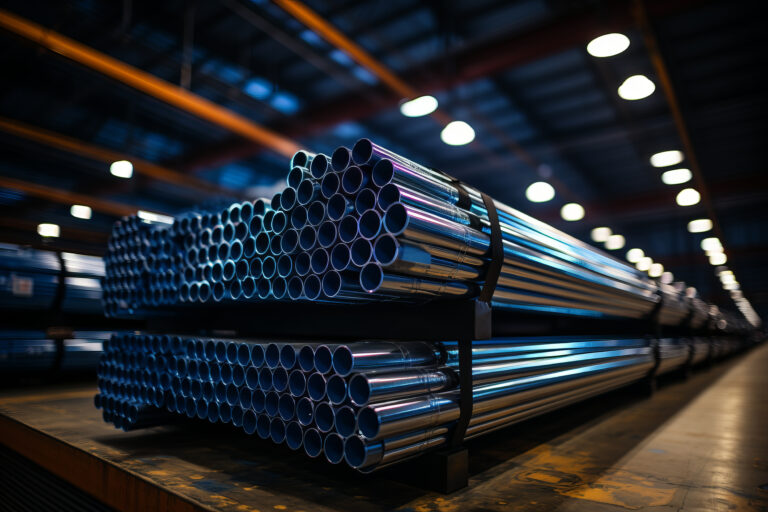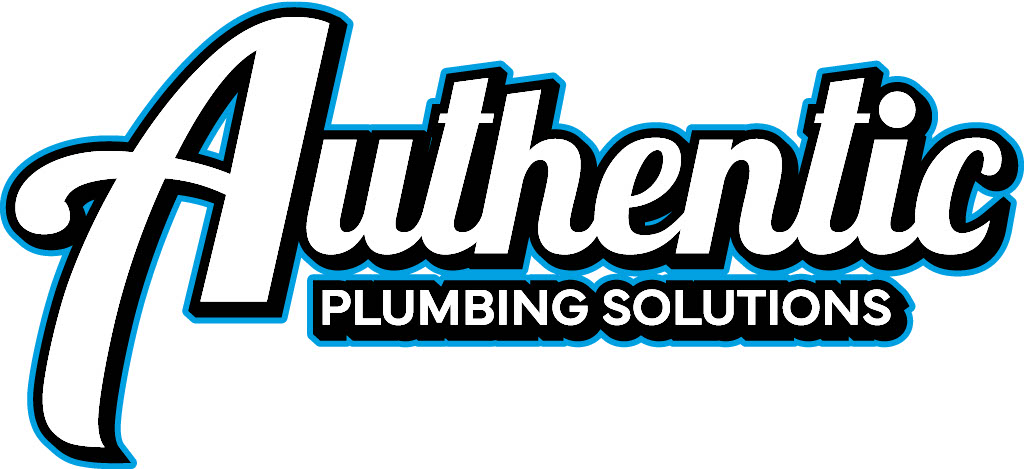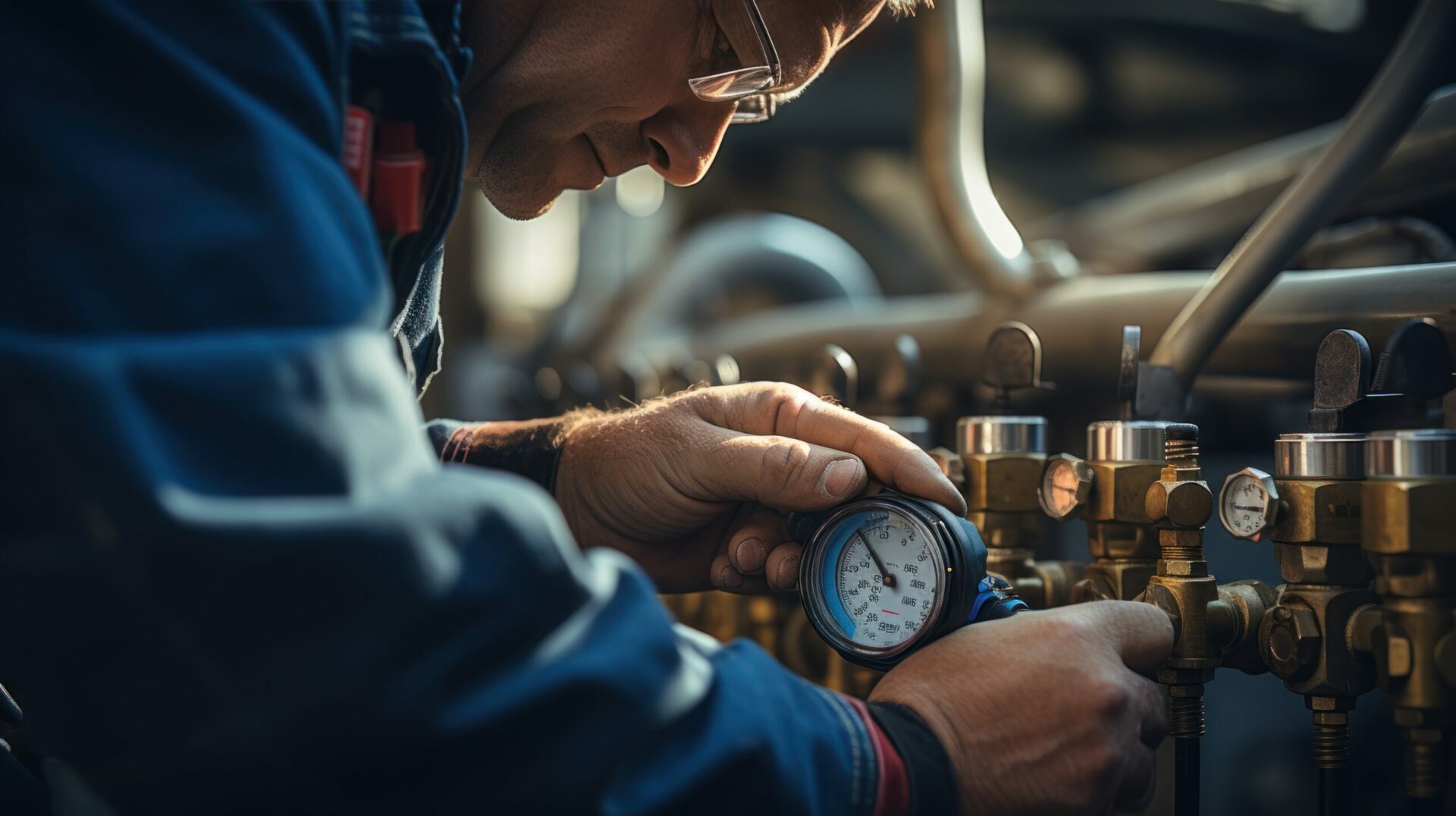Understanding Commercial and Residential Plumbing
Every building, from the quaint bungalow to the towering skyscraper, relies on a complex network of pipes and fixtures – the plumbing system. But behind the scenes, there’s a crucial distinction between the plumbing that keeps our homes functioning and the one that caters to the needs of commercial spaces. Today, we delve into the world of commercial plumbing, exploring its intricacies and how it differs from its residential counterpart.
What is Commercial Plumbing?
It encompasses the design, installation, maintenance, and repair of plumbing systems in all non-residential buildings. This vast domain includes everything from office buildings and retail stores to restaurants, hospitals, and manufacturing facilities. Unlike residential plumbing, which caters to the needs of a few occupants, commercial plumbing must handle a much larger volume of water usage and waste disposal. That’s why it can ensure a steady flow of clean water to every fixture, efficiently removes wastewater, and prevents leaks and backups. It’s a complex web of pipes, valves, drains, and specialized equipment.
Other Points of Action For Commercial Plumbing Service
-
- Proactive Maintenance Programs: Regular inspections, cleaning, and maintenance can help prevent costly emergencies and extend the lifespan of the plumbing system. This service can develop a customized plan to identify potential problems before they occur.
- Water Efficiency Upgrades: With rising water costs and environmental concerns, many businesses are looking for ways to conserve water. Commercial plumbers can recommend and install water-saving fixtures and technologies to reduce water usage without compromising functionality.
- Fixture Repair and Replacement: Even the most durable fixtures experience wear and tear over time. Commercial plumbing services can diagnose and repair faulty fixtures or recommend replacements when necessary.
- Emergency Response: Plumbing emergencies can disrupt business operations and cause significant damage. A reliable plumbing service should offer 24/7 emergency response to address urgent leaks, clogs, or other critical issues.
- Backflow Prevention Testing and Maintenance: Backflow contamination is a serious health hazard. Plumbing services can ensure backflow prevention devices are functioning correctly through regular testing and maintenance.
- Sewer Line Cleaning and Inspection: Sewer line issues can lead to unpleasant backups and costly repairs. This type of plumbing services offer specialized equipment and techniques for cleaning and inspecting sewer lines to prevent problems.
- Grease Trap Services: Restaurants and other food service establishments require regular grease trap cleaning to prevent clogs and comply with regulations. It can provide efficient and compliant grease trap maintenance.
- Accessibility Plumbing Upgrades: Commercial buildings should be accessible to everyone, including people with disabilities. Commercial plumbing services can help ensure plumbing fixtures and features comply with accessibility codes.
These are just a few examples, and the specific services offered by a commercial plumbing service can vary depending on their expertise and the needs of the client.
Beyond the Basics: Specialized Systems
-
Commercial plumbing goes beyond the standard fixtures and pipes found in homes. Depending on the specific needs of the building, the system might include:
- Medical Gas Systems: Hospitals and medical facilities require specialized piping systems for delivering medical gases like oxygen and nitrous oxide. These systems have stringent safety regulations and require expertise for installation and maintenance.
- Compressed Air Systems: Factories and manufacturing plants often utilize compressed air systems for powering tools and equipment. These systems are integrated with the overall plumbing infrastructure.
- Rainwater Harvesting Systems: Some commercial buildings are incorporating sustainable features like rainwater harvesting. This involves collecting rainwater and using it for non-potable purposes like irrigation or toilet flushing.

What is Residential Plumbing?
Now that we’ve explored the world of commercial plumbing, let’s take a quick look at its residential counterpart. Residential plumbing focuses on the needs of single-family homes and apartments. These systems are designed for a smaller number of occupants and typically handle lower water volumes compared to commercial settings. Residential plumbing systems consist of:
- Water supply lines: These pipes carry clean water from the municipal water supply to various fixtures throughout the home.
- Drain lines: These pipes carry wastewater from fixtures like sinks, showers, toilets, and washing machines to the main sewer line.
- Venting: Vent pipes allow air to circulate within the plumbing system, preventing sewer gases from entering the home and ensuring proper drainage.
- Fixtures: These include bathtubs, sinks, toilets, showers, washing machines, dishwashers, and garbage disposals.
- Water Heater: Residential water heaters typically rely on electricity or gas to provide hot water for showers, dishwashing, and laundry.
Differences Between Commercial and Residential Plumbing
While commercial and residential plumbing share some fundamental principles, several key differences set them apart:
-
- Scale and Complexity: Plumbing systems are vastly larger and more complex than residential ones. They require a wider variety of pipes, valves, and specialized equipment to handle larger water volumes and diverse waste management needs.
- Water Pressure and Demand: Commercial buildings require significantly higher water pressure to cater to multiple fixtures and high-demand appliances.
- Regulations and Codes: These systems must adhere to stricter building codes and regulations compared to residential plumbing. These regulations ensure the safety and efficiency of the system, especially in buildings with high public occupancy. They may address aspects like fire safety, backflow prevention, and accessibility for people with disabilities.
- Fixture Durability: Commercial fixtures are built for heavy usage and frequent cleaning. They are made from robust materials like stainless steel and feature more durable designs to withstand daily wear and tear from a higher volume of users.
- Maintenance Needs: Due to their complexity and constant use, commercial plumbing systems require more frequent and specialized maintenance compared to residential systems. This might include regular inspections of grease traps, backflow prevention devices, and fire sprinkler systems.
- Cost: Commercial plumbing projects are typically more expensive than residential ones due to the larger scale, specialized equipment, and stricter regulations involved. The materials used and the complexity of the system also contribute to the cost difference.
Who are Commercial Plumbers?
Commercial plumbers are highly skilled professionals with extensive training and experience in the design, installation, maintenance, and repair of commercial plumbing systems. They possess in-depth knowledge of building codes, safety regulations, and specialized equipment. Because of the intricacies involved, commercial plumbers often specialize in specific areas like medical gas systems, fire sprinkler systems, or wastewater treatment.
Sustainability in Commercial Plumbing
This industry is increasingly embracing sustainable practices. Here are some key trends:
- Water-Saving Fixtures: Low-flow toilets, sensor faucets, and water-efficient showerheads are becoming commonplace in commercial buildings. Commercial plumbers can recommend and install these fixtures, reducing water usage without compromising functionality.
- Graywater Systems: Graywater refers to used water from sinks, showers, and washing machines that is not contaminated with sewage. Graywater systems collect, treat, and reuse this water for non-potable applications, reducing reliance on freshwater resources. Commercial plumbers with expertise in graywater systems can design and implement these sustainable solutions.
- Leak Detection Technologies: Early detection of leaks is crucial for conserving water and preventing costly repairs. Commercial plumbers utilize advanced leak detection technologies like acoustic leak locators and thermal imaging cameras to identify leaks quickly and efficiently, minimizing water waste.
- Sustainable Materials: The plumbing industry is moving towards using more sustainable materials like recycled plastic pipes and low-lead fixtures. Commercial plumbers can advise clients on choosing eco-friendly materials for their plumbing systems.
By embracing these specialized systems and sustainable practices, commercial plumbing plays a vital role in ensuring the efficient use of water resources, promoting environmental responsibility, and fostering a more sustainable future for our built environment.
Authentic Plumbing Solutions: Your Trusted Partner in Keeping Your Business Flowing Smoothly
At Authentic Plumbing Solutions, we understand the critical role plumbing plays in keeping your business running smoothly. Our team of highly trained and experienced commercial plumbers offers a comprehensive range of services to meet all your needs. From installing new systems and fixtures to providing preventative maintenance and tackling emergencies, we’re here to ensure your water flows reliably and efficiently. We prioritize clear communication, keeping you informed throughout the process, and use state-of-the-art equipment to provide efficient and long-lasting solutions. Whether you require water efficiency upgrades, backflow prevention maintenance, or specialized services like grease trap cleaning, Authentic Plumbing Solutions is your trusted partner in commercial plumbing.

